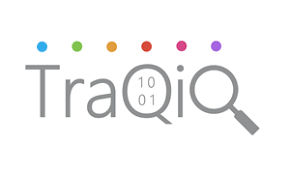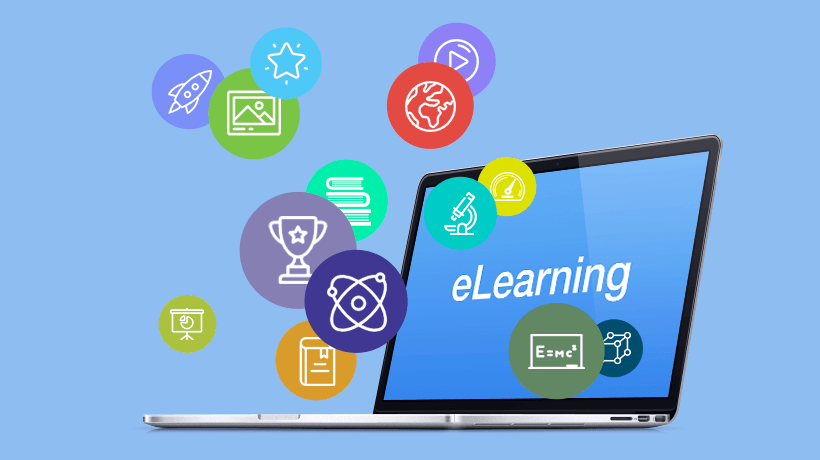Free vs subscription, local vs cloud, sync or async, regular or flipped classrooms, social or not – there are certainly a lot of elements to consider when establishing a corporate learning environment. Employers are investing thousands of dollars when an employee goes into a training program. It is critical that the employee time and LMS investment result in the optimal ROI.
So, here are some critical components to consider in the corporate world.
- Effective training provided in bite size chunks that show results in the employee’s performance.
- Building programs that stay with the employee over time - learning new skills and reinforcing existing ones.
- A sync but focused learning: Most employees have tasks that need to get done. So, being able to do it on their own time is useful.
- Scope- whole most corporate programs are not like degree programs, as they tend to focus on specific skills. However, it is certainly important to have continuity. They need to be run as personalized programs for each employee with an end goal in mind.
- Grading and sharing: Most employers are likely to have an opinion on providing grades – yes, no and something in between. Therefore, the LMS tool needs to have the right level of flexibility. Similarly, the tool should also be capable of having varying levels of social and collaborative learning, to be defined by the employer.
- Intelligence: New tools offer AI/ML features that enable the LMS systems to serve up targeted content that enables the student to learn the skills that are suitable for them.
A lot has been written about Academic vs Corporate LMS tools. While it does not matter what tools are used, it is critical to get a tool that meets the employer’s requirements and drives the desired results.
The next level of conversation is about the person who is running an LMS. Historically, larger companies have tiers of training programs run by dozens of administrators, trainers, and consultants. How about a small company with 20, 50, or 100 employees? Don’t they need training and skills? This is an area where there are a lot of opportunities. Being able to offer a user-friendly, easily customizable tool, perhaps a template based has a lot of potential in the market. Typically, the Owner of the company would run it, therefore, it has to take minimal time but allow for effective training.
We are moving towards a world of dynamic content (audio/video/text) mashups that interact with a user based on their capability.
TraQiQ offers an excellent set of tools in the TraQLearn product suite. It enables both academic and corporate users to build, maintain and grow their education programs.












